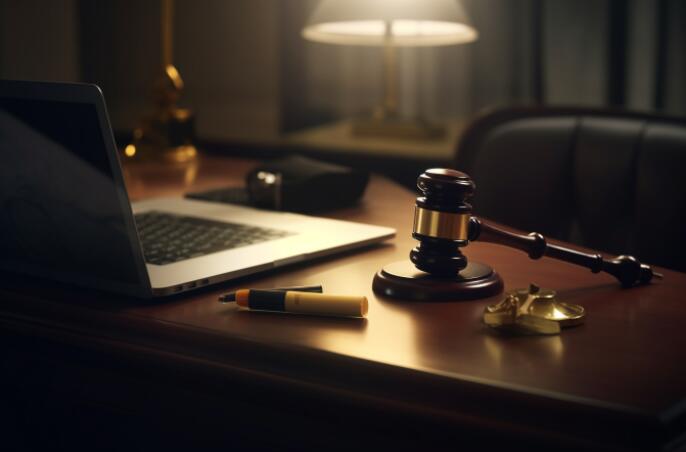The British government plans to provide copyright exemptions for artificial intelligence companies, allowing them to use published works without authorization to train AI, triggering a strong backlash from the British creative industry. Writers, musicians, publishers and other creative groups and celebrities, such as Paul McCartney and Kate Bush, have expressed their opposition, believing that this move seriously threatens the livelihood of creators, and launched a joint petition, which received the support of more than 37,500 people. . The Minister of Science, Technology and Culture argued that the move was aimed at promoting the development of AI, but opponents believed that AI companies should proactively seek authorization and pay fees, rather than weaken existing copyright laws.
Recently, the UK's creative industries have expressed strong opposition to the plans proposed by the Labor government. The program aims to provide copyright exemptions to artificial intelligence companies to help them more easily train algorithms. A number of creative groups, including writers, publishers, musicians, photographers, filmmakers and news media, jointly issued a statement making it clear that they did not support the proposal.

According to the proposal, artificial intelligence companies such as OpenAI, Google and Meta can use published works to train their AI systems without the consent of the copyright holder. In this regard, an organization called the Creative Rights Alliance in AI (Crac) firmly opposes this, believing that existing copyright laws should be respected and enforced, rather than weakened. The alliance includes the British Phonographic Industry, the Independent Musicians Association, the Film Producers Guild and the Writers Guild, as well as Mumsnet, the Guardian, the Financial Times, the Daily Telegraph, Getty Images, and the Daily Mail Group and media outlets such as Newsquest.
In response, Chris Bryant, the Minister of Science, Technology and Culture, said in Parliament that the government’s plan, after a 10-week consultation, aims to improve AI developers’ access to content while allowing rights holders to control the use of their content. . However, creative industry representatives pointed out that it is up to generative AI developers to proactively seek permission and discuss licensing and payment issues with rights holders.
Recently, many well-known British creatives, including Paul McCartney and Kate Bush, have also launched campaigns against the unauthorized use of creative works by AI companies. Their joint petition has received support from more than 37,500 people, emphasizing that such unauthorized use seriously threatens the livelihood of creators and must be banned. In addition, novelist Kate Moss has backed a related campaign to strengthen existing copyright law through changes to the Data Bill to enable creators to better negotiate reasonable payments.
In a recent debate in the House of Lords, sponsor Biban Kidron vividly compared the government's proposal to letting shopkeepers "choose not to be robbed", arguing that this approach is extremely unreasonable. Clement Jones, the Liberal Democratic Party's digital economy spokesman, pointed out that the government's copyright exemption proposal stems from a misconception that there are ambiguities in the current copyright law. Science Minister Patrick Vallance said that the government hopes to support the ability of rights holders to continue to control the use of their content and seek reasonable remuneration, while promoting the development of world-leading AI models in the UK.
Highlights:
The creative industries have united to boycott the government’s AI copyright exemption plan, emphasizing that copyright laws must be respected.
Nearly 37,500 creatives have signed a petition calling for AI companies to be banned from using their creative works without authorization.
The government hopes to promote the development of the AI industry while protecting rights holders, but it has encountered widespread skepticism.
This dispute over AI copyright highlights the contradiction between technological progress and the protection of the rights and interests of the creative industry. The government needs to find a balance between promoting the development of AI and protecting the rights of creators, otherwise it will face greater resistance. Future legislation and policy formulation need to consider the interests of all parties in more detail to achieve sustainable development.